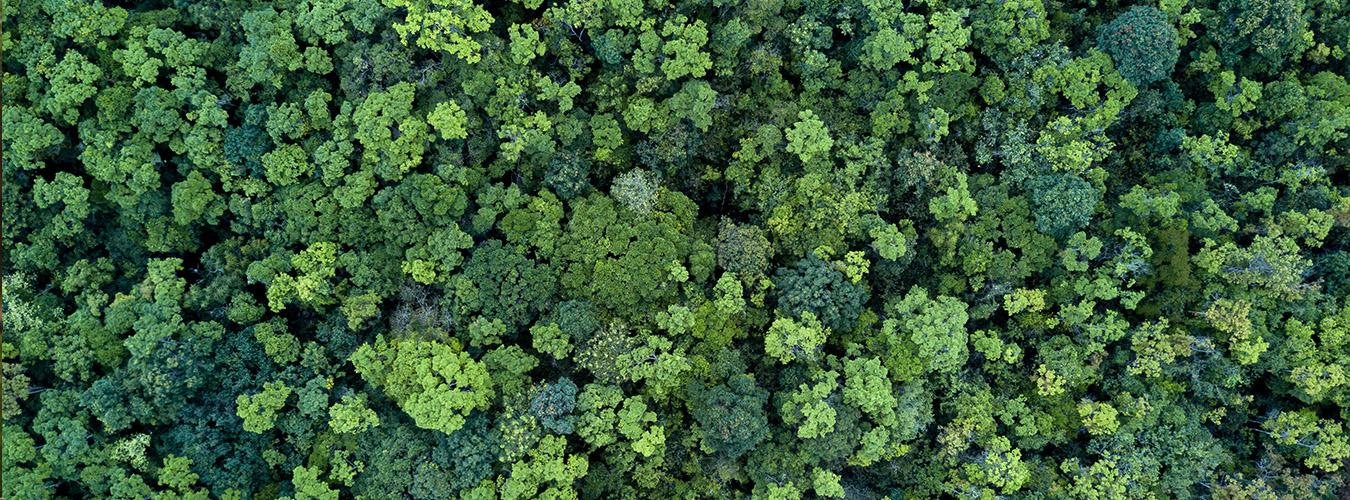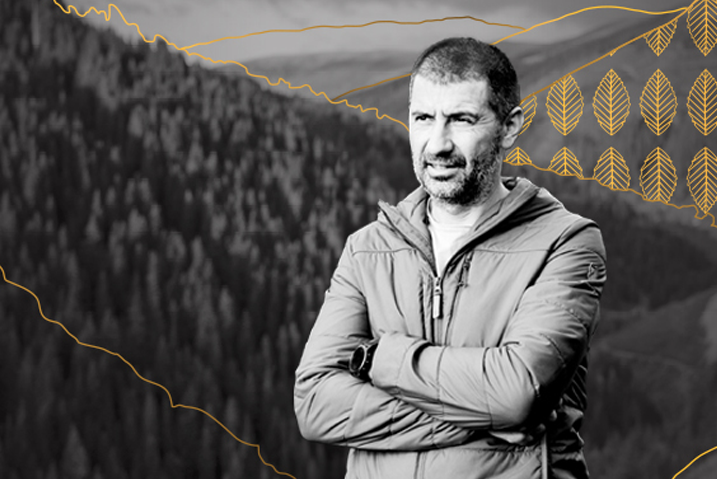
Watch
Forests for a sustainable future: educating children — testing lessons in the Philippines
Children in primary school today will play a significant role in bringing about the changes needed to ensure a sustainable future for forests. “Forests for a sustainable future: educating children” is a project funded by the German Federal Ministry for Food and Agriculture (BMEL) and launched by FAO in 2019 to educate children aged 9 to 12 in the United Republic of Tanzania and the Philippines about the importance of managing forests sustainably.
Through interactive hands-on forest teaching modules designed in collaboration with national partners, the project aims to inform young generations about the value of forests, build the skills of the adults of tomorrow to make decisions in favour of their sustainable use and management and inspire the future generation of foresters.
Learners at a primary school in Manila are seen participating in lessons which include games and activities indoors and out. Pupils and teachers share their impressions after the lessons.
Interactive story

Unlocking the secrets of mangroves
Mangrove forests are mostly found in warm areas with calm coastlines, shallow water, and soft ground. The size and type of mangroves can vary depending on environmental conditions. Sustaining a rich food web - from detritus decomposers to fish, mammals and birds - mangrove ecosystems represent an interphase between terrestrial and marine communities. In the first study of its kind, FAO with experts around the world uncovered a wealth of information on the extent of mangrove forests globally. The study also gives a glimpse into what causes mangrove losses and gains. Find out more about this precious ecosystem and see how mangroves affect our daily lives.
Read

The environmentalist defending Europe’s last old growth forests
Gabriel Paun doesn’t know how he’s survived this long. The 47-year-old Romanian environmental defender has been assaulted, stalked, threatened and driven off the road. After years of cataloguing illegal logging in Romania’s national forests, he says he has a bounty on his head. Get to know his story.

Healing Chile’s Huapi island
On Chile’s Huapi Island, native forests had become fragmented, making the soils poorer and drier and leaving its population vulnerable to the effects of climate change.

Women on the frontlines: Indonesia’s forest firefighters
Each year, devastating fires in Indonesia's rainforests release harmful gases, with women firefighters playing a crucial role in managing the crisis amidst climate change and deforestation.
